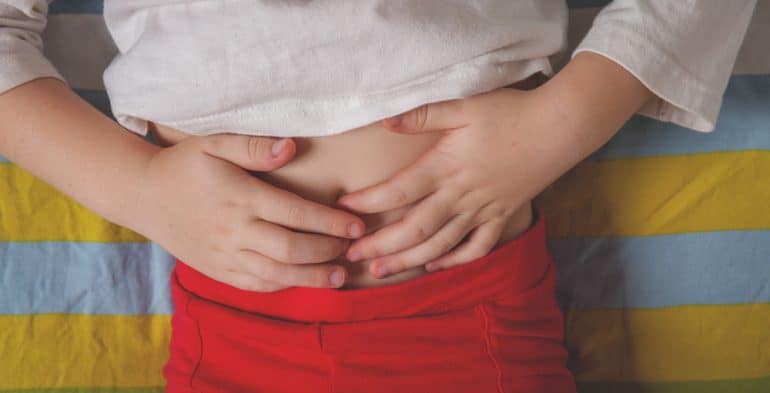
Food poisoning is usually caused by germs in undercooked or poorly reheated food. Other causes include food that hasn’t been stored correctly and food that has been prepared with dirty hands or equipment.
Causes of food poisoning
Food poisoning happens when germs grow in foods that have gone off. The germs grow because the food is undercooked, poorly reheated or not refrigerated properly. Germs can also grow when the food is prepared with dirty hands or dirty equipment. Meat, fish, eggs and poultry are very commonly affected foods and surprisingly, rice that has been re-heated is also one of the most common causes.
The germs that cause food poisoning include Campylobacter, Staphylococcus, Salmonella or Escherichia coli. Some viruses, parasites and toxins can also cause food poisoning.
Food poisoning is a type of gastroenteritis.
Babies, children and grown-ups can all get food poisoning.
Symptoms of food poisoning
Food poisoning happens very soon after eating bad food.
Symptoms might include:
- nausea or vomiting
- abdominal cramps
- wind
- diarrhea
- headache
- fever
It often takes 24-48 hours for the symptoms of food poisoning to settle down. During this time, you should watch your child for signs of dehydration.
When to see your doctor about food poisoning
Seek medical attention if your child:
- has diarrhea that goes on for more than a few days
- has bloody diarrhea
- has severe abdominal pain and vomiting and can’t keep any fluid down for at least 30 minutes
- isn’t drinking and has signs of dehydration, including little or no urination, loss of weight, lethargy and extreme thirst
- has symptoms of food poisoning and is less than one year old.
Treatment for food poisoning
Most cases of food poisoning are mild, and your child won’t need any specific treatment. But if diarrhea goes on or becomes bloody, or if abdominal pain and vomiting are severe, see your doctor.
Avoid giving your child dairy products for 2-3 days after an episode of food poisoning, because this might make the diarrhea go on longer. Other than that, if your child is hungry, you can give them whatever they feel like eating.
Your child might not feel like eating, but don’t stop food for more than 24 hours.
Make sure your child keeps drinking fluid – little sips at regular intervals is best. This will help to prevent dehydration.
Prevention
Always wash your hands before handling food.
When you’re preparing food:
- wash all fruits and vegetables thoroughly
- check that meats are fresh and don’t smell bad
- cook meat and eggs well.
When you’re reheating food, do so thoroughly







